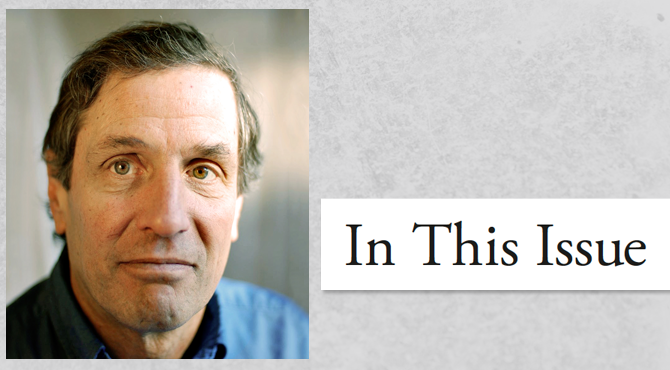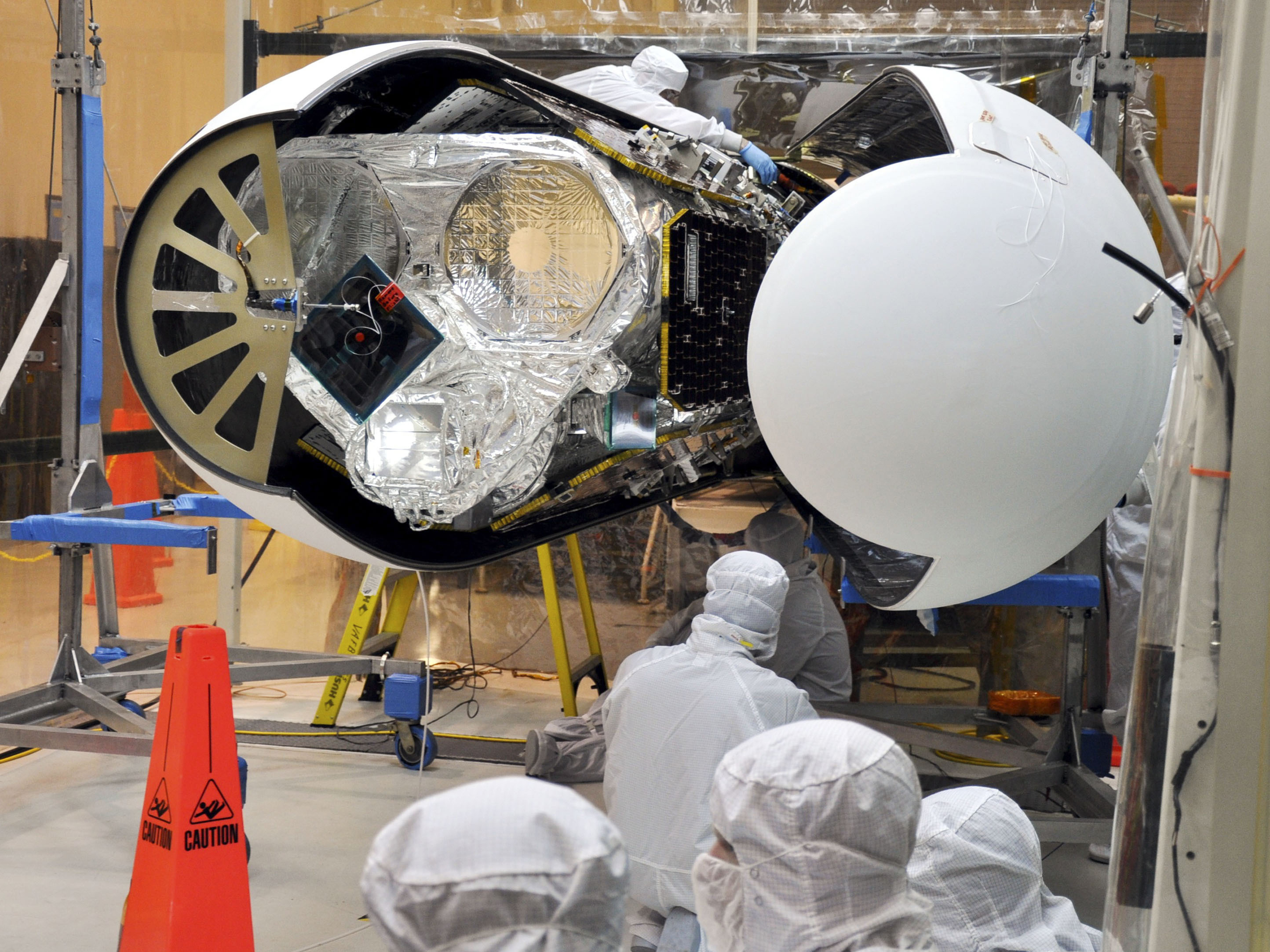
Don Cohen, Managing Editor
ASK Magazine is one small part of NASA’s varied and extensive efforts to share the knowledge needed to carry out the agency’s projects and programs successfully. We hope that the stories and reflections published here will help readers think about their own work in new ways and will inspire them to learn—by seeking out our authors, by trying something new, by discussing what they read with their peers. Recognizing that knowledge is obtained in many ways and that reading a magazine is not at the top of the list, we think of ASK more as a spur to knowledge creation and acquisition than as a “container” of knowledge.
Ed Hoffman’s comments on his role as Chief Knowledge Officer (“From the Academy Director: Knowledge and the Practitioner’s Mind-Set”) give a sense of just how diverse NASA’s knowledge is, both in terms of what people know and how they learn it. He recognizes that his job is to champion and facilitate the agency’s wealth of successful practices, not impose one limited idea of how to “do” knowledge. Laurence Prusak also discusses the complexity of organizational knowledge, suggesting, in “The Knowledge Notebook,” that it exists in a range of forms and places: in individuals, in groups, in practices, processes, and routines.
Many of the articles here speak to the variety of what people need to know at NASA and how they get that knowledge. In “Getting the Most from Your Mentor,” Richard McDermott recommends mentoring relationships as sources of technical, managerial, and career knowledge. The authors of “Building the Goddard Career-Path Tool” describe an online map that supports knowledge about how to manage your career. The International Project Management course Angela Marsh attended (“Understanding International Project Management”) combines book learning, discussion, and shared activities to give participants a sense of the complexities of working across cultures.
Barbara Fillip’s “Project Knowledge in the Moment” explains Goddard’s powerful Pause and Learn sessions, which use reflection and conversation in the course of projects to identify and share important lessons. Pause and Learn is an important extension of learning by doing—reflecting on what you’ve done being an essential step in learning from experience.
Without question, learning how to do something by doing it (especially with knowledgeable colleagues or guided by mentors) provides deep knowledge about how things really work that can’t be acquired in any other way. Thomas Horn’s story of a cultural change effort at Dryden shows you sometimes only discover the right way to do something difficult by trying what turns out to be the wrong way first. And Lynn Cline’s conversation about her four years negotiating Russian participation in the International Space Station includes important real-life lessons she learned from that experience.
“Learning from the NuSTAR Launch Delay” tells the story of how the efforts of NASA and Orbital Sciences to solve a problem with Orbital’s Pegasus launch vehicle taught the participants a great deal about how to work together and to Prusak’s point about knowledge embedded in practices and routines—contributed to NASA’s developing processes for working with a new generation of partners.
More Articles by Don Cohen
- The Sky Crane Solution (ASK 47)
- Scientific Visualization: Where Art Meets Science and Technology (ASK 47)
- Knowledge Topics: A Vital Project Resource (ASK 47)
- In This Issue (ASK 47)
- In This Issue (ASK 46)







